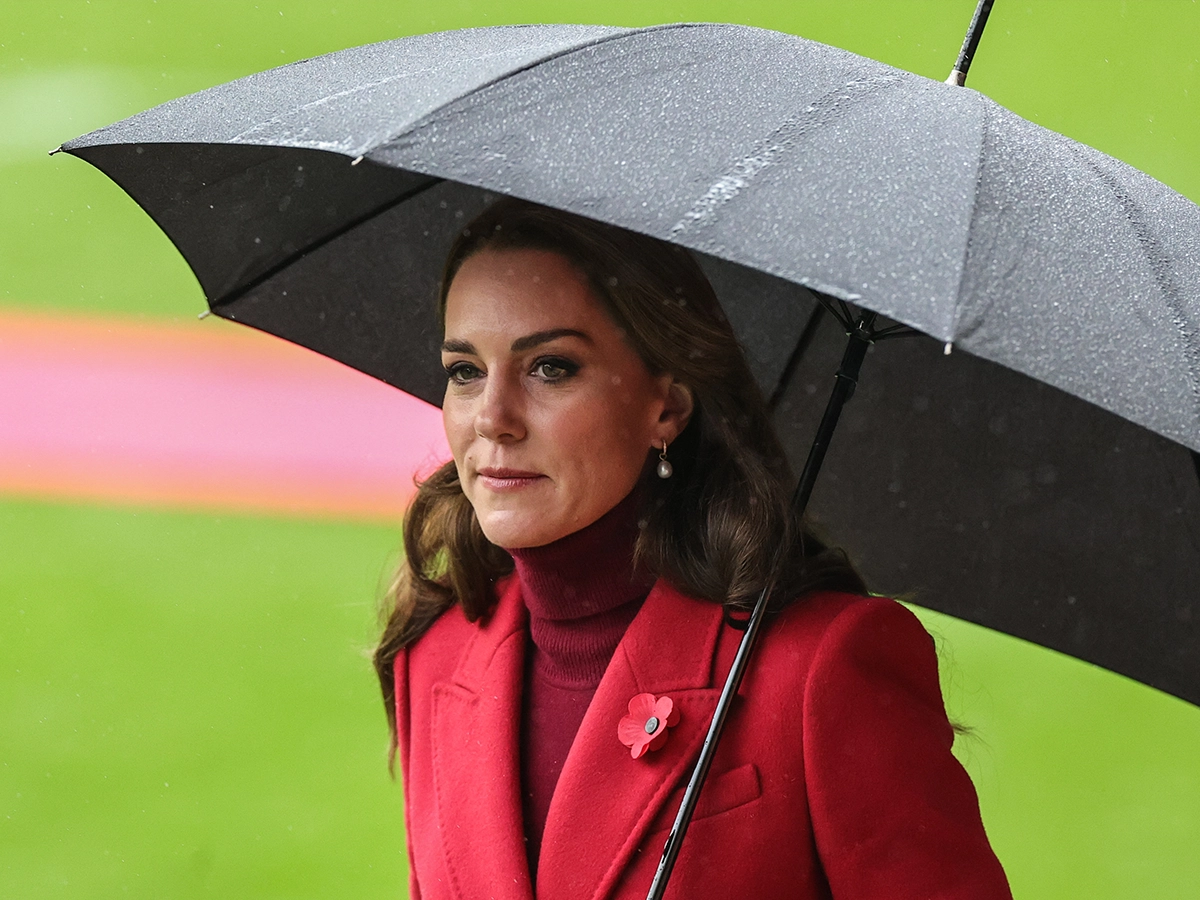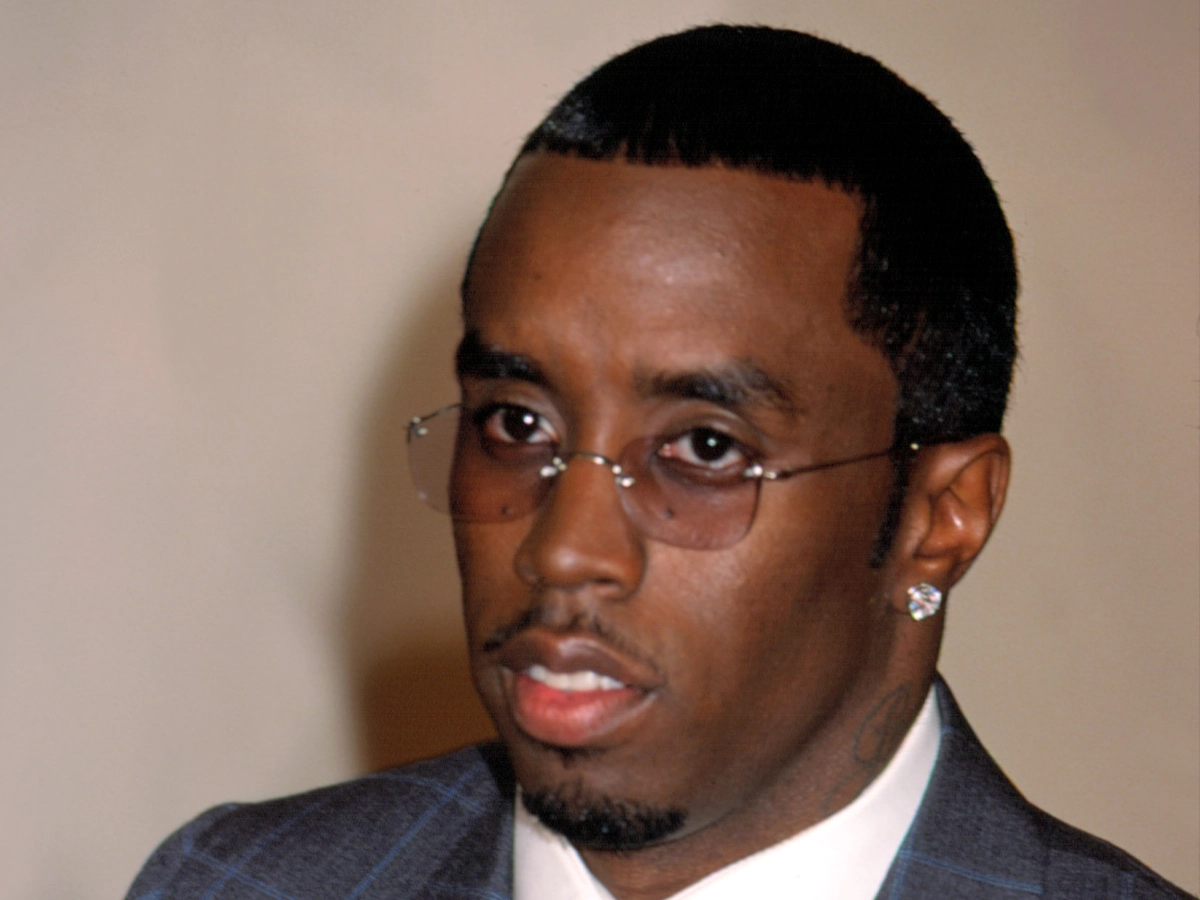Sex Work and Disability in Australia

Sex, is a basic human desire that we all want to experience in our lives and this includes those of us living with a disability. I was a sex worker in Cairns, Australia for ten years and I worked with those living with a wide range of disabilities, as well as my own. Today, I am contending with osteoarthritis, cervical spondylosis, and progressive nerve pain, however, disabilities include a wide range of other serious and permanent conditions such as MS (Multiple Sclerosis). Since that time, there have been significant advancements in the area of sex work and disability across Australia.
In 2020, the Federal Court of Australia ruled that sex services should be funded by the NDIS (National Disability Insurance Scheme), after recognising the sexual needs of a woman who had been fighting for her right to have sex included in her NDIS funding, since 2017. The Federal Court rightly ruled in her favour and set a precedent. This is a hugely positive step forward in recognising sex as a fundamental human right and sex workers as being the professionals in this field, although the court ruling used the terminology ‘sex therapy’ to describe sex workers (to avoid offending the few), however, this particular case was all about hiring professional sex workers.
Today, sex work is largely decriminalised in New South Wales, the Northern Territory, and now Victoria but it is not completely decriminalised. Decriminalisation is currently being campaigned for in Queensland right now, with Respect Inc and DecrimQLD challenging the Queensland Government to replace existing sex work legislation with complete decriminalisation and the state is expected to succeed. Northern Territory and South Australia governments are also considering full decriminalisation of sex work. This will mean even more opportunities for clients living with disability to have access to sex work providers.
When I sex worked, I had to be mindful of my own disabilities when working with clients. Obviously, I wasn’t going to do anything that was going to exacerbate my conditions or let it affect my client’s either. On the contrary, the quality of my job performance improved as I deepened my compassion and adapted to working in different ways in order to achieve the same results as others. Most of us have or will experience at least some sort of pain and disability at different times in our lives. It does not mean we are any less desiring or capable of performing or having sexual pleasure and release. Quite the contrary. Those oxytocin-laced feelings of pleasure offer a much-needed reprieve from pain, even for just a moment. Relief doesn’t necessarily mean having a physical ejaculation either. The mind is a wonderful place to visit. Most of the people I saw had no idea I lived with pain and for those who did, we shared a common understanding that only deepened our experience. I was not alone.
In 2016, I did a sex work disability workshop with Rachel Wotton who delivered the Touching Base, Professional Disability Awareness Training (PDAT) at Respect Inc’s office in Cairns. It was invaluable training and I recommend you check out their website and watch the Scarlet Road documentary featuring Rachel Wotton, who is also a co-founder of Touching Base. Scarlet Road offers an opportunity to take a sneak peek inside the sex industry and see how sex workers work with clients with disability. Resources are available for sex workers, clients, their families, educators and caregivers working for and in the Aged Care and Disability Services. Yes of course! Our elderly experience sexual desires too and also experience a wide range of difficulties. It is imperative that we champion decriminalisation of the sex industry and raise public and professional awareness of the issues surrounding access to and provision of sex industry services for people living with a disability.
For myself personally, living and working with pain in the sex industry, meant that I had to expand my awareness of myself and others, in the context of self-care and in providing specific, tailored sex work services to clients with (or without) disabilities. In this regard, the main learning curve was in communication. Learning to ask the right questions, listening to the needs of specific clients and adapting my services to suit. Not everybody wants or needs the active, energetic, stereotypical role sex workers may be perceived to provide. An intellectual, sensual, visual sexual escapade can ignite all of the senses equally and this can only mean a delightfully erotic time for all to enjoy, comfortably. I was mindful of my authenticity when I sex worked. My presence and state of mind were vital in working with any client; disabled, elderly or not. Matching my specific services to a client’s desires and abilities was also imperative. Many people with disabilities are quite capable of enjoying sexual intercourse, others are not. Relationships are built on trust and reciprocity and for me to work well, I needed to be able to relate to myself and others in a holistic way.
In closing, sex is a fundamental human right and one that does not discriminate between able-bodied, disabled or aged clients. We all have the right to seek out and have sexual intimacy with consenting adults, including sex workers, especially when our physical, mental or intellectual circumstances may make this difficult to obtain in other social ways such as dating or meeting in work situations. Decriminalisation of the sex industry is the only way forward for all of us. It is incredibly encouraging that legal precedents have now been set and decriminalisation has finally become a reality in several other states since my time as a sex worker. New South Wales was the first place in the world to begin to address the process of decriminalisation in 1979, culminating in 1995 with most aspects of sex work now decriminalised. Queensland sex workers, after waiting 30 odd years for reforms in the 1989 Fitzgerald Inquiry, are finally being taken seriously. In the modern world where sex sells everything from a toothbrush to a bar of soap, the only real barriers to a sexually fulfilling life, are other people’s ignorance that professional sex services are not worthy of acknowledgment. Don’t be one of those critics who view sex as a means to an end for procreation only. That would be a travesty of sexual justice.
At the end of the day, it isn’t that hard to imagine what life might be like for us when old age creeps up or we find ourselves disabled for one reason or another. We live in an aging population and the chances are, we may be old and horny, bent and broken and seriously sexually frustrated unless we take steps to actively assert our sexual rights. Some clients may want to imply get off, while others might want general affection and touch. Many others may not want to be sexual at all anymore. Wouldn’t it be wonderful if we lived in a world that sees sex and sexuality as a virtue and not something only available to the young or able-bodied? When decriminalisation comes in, in Queensland as expected, we will all be one step closer to creating this reality. In the meantime, do whatever it takes to have your sexual needs met. There are plenty of sex workers out there who are more than willing to offer their services in a friendly, respectful way. Get online and see who is out there, and never look back!
By Jodine Butler







Have your say